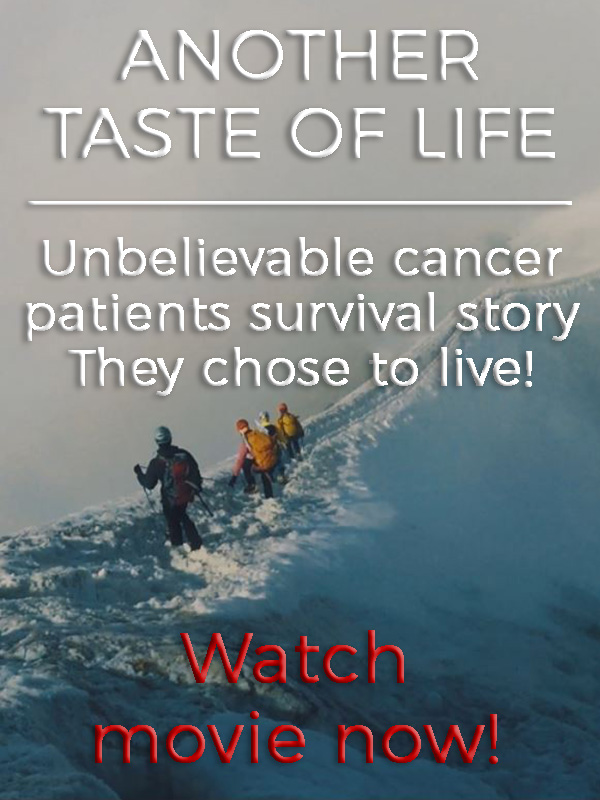The Top Three Most Important Things You Should Avoid Saying to a Person with Cancer
Cancer is news that doesn’t deliver well. It is one of those types of diagnosis that invites a barrage of questions and provides little answers. Unfortunately, it leaves the recipient of the news in a place not really knowing the correct words to say. The messenger drops the diagnosis like a rolling ball. By now, the individual with cancer has learned to view the awkward face and word exchanges with grace and ease. However, it has been stated from patients that there are days where patience and grace goes out the window as the level of irritability is triggered by the common responses heard from friends and family. Phrases such as:
“It will be okay.”
“My sister had it, and she was able to work.”
“Have you tried a holistic diet?”
“Your hair will grow back.”
And the list goes on…So, what does one say or not say? Below, we have outlined the top five things that shouldn’t be said to someone with cancer.
- That type of cancer isn’t as bad as this type of cancer – You’ll be fine.

With an estimated 1,685,210 new cancer cases diagnosed and 595,690 cancer deaths in the US. (Source: American Cancer Society Facts & Figures); the chances of it affecting a friend or family member will be commonplace. Without thinking, the temptation to blurt out symptoms, treatment plans, and prognosis or fatalities is easy to do. It isn’t the best thing to do because it minimizes the patient’s own unique experience.
What to say instead: Your treatment team seems like they are knowledgeable and very able to handle your case. This provides hope and validation that yes you have a serious diagnosis, but you are in good expert hands. It also invites more conversation. They may feel comfortable at that point initiating a dialogue as to what the they have in front of them. putting the listener into a better support position. Listening can be a wonderful thing to a person who is scared and needs to verbalize his or her fears and concerns.
- I had a friend who had with that same type of cancer and she continued working during Chemo-Treatments. She used this Vitamin and followed this diet…

Recanting an experience or story from a friend or family members cancer experience is tricky and it should be avoided. Providing details of another individuals cancer story is taking the focus away from the person who has relayed the information. It serves also as an inaccurate depiction of what to expect, or probable outcomes as every person responds differently even if it the same exact type of cancer.
What to say instead: Why not offer to assist them in researching the type of cancer. For example, if it is skin cancer, offer to research the best skin moisturizer and sun protection. Maybe, address solutions to avoid scarring. There are many things you can do to partner with them during the process if you know them well enough. It is okay to answer questions if they ask about your or mutual friends experience, but redirect the attention back to them where it belongs. Strategize on best methods for their recovery and provide facts and supporting evidence. Don’t substitute someone else’s story it their place. Let their own personal story unfold as it happens.
- Stay positive.

Asking someone to stay positive while enduring a diagnosis like cancer is trite for lack of a better word. There is more power is allowing a person to experience the full range of emotions related to cancer. Even more so, if you can provide a blanket of safety for them that is even better. Your friend may need to just have a good cry. Perhaps, they need you to understand the fear and the uncertainty rather than attempt to eliminate it.
What to say instead: I am sure you are experiencing many different emotions – you can trust me with your thoughts. I would love to listen. The key here is to give ultimate validation to feel frightened, anxious, or even depressed. Humans are hardwired to try and fix things. Cancer is a physical illness and is often accompanied by symptoms of depression and anxiety. Leave the heavy hitting for the professional doctors and work on being present with the person in the moment. Silence is okay, hugging, or even hand holding.





